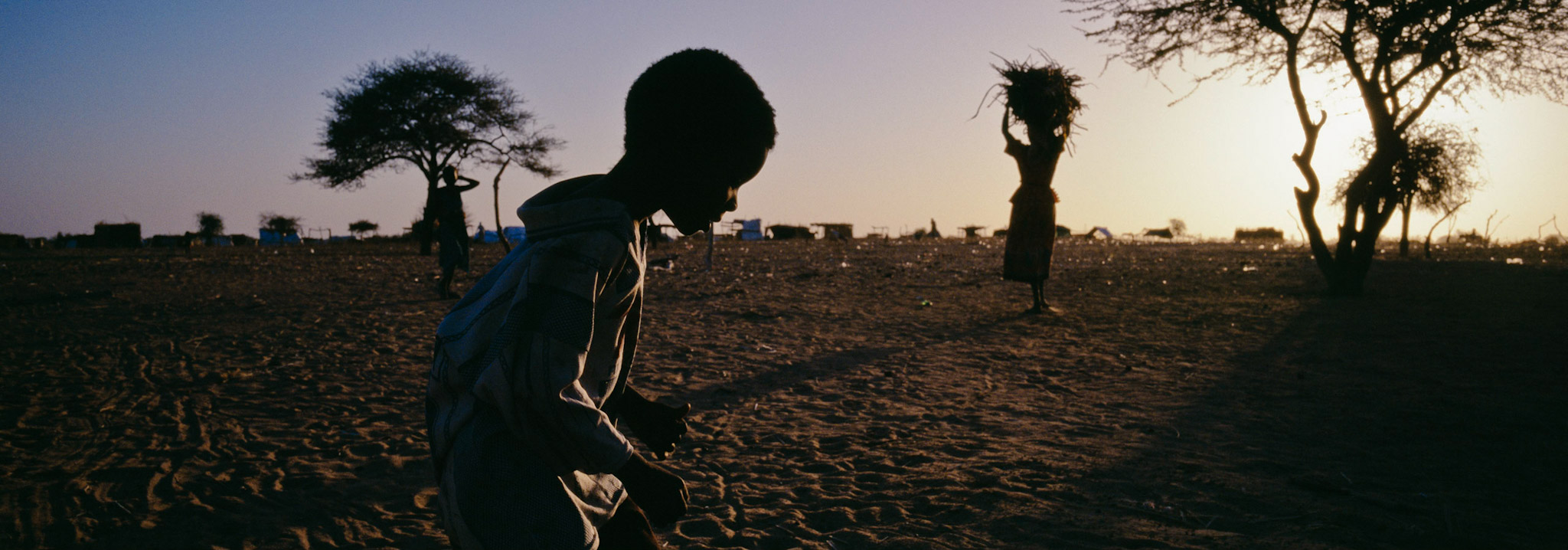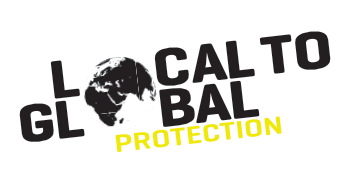Empowerment means let them make decisions. Empowerment means letting go of power.
Darare Gonche, MIONet-IREMO, Kenya
sclr
sclr
Survivor and community-led response (sclr) is a way of working which recognises that crisis-affected people are the first and last responders in any disaster. Sclr provides a means for aid actors to strengthen the scope, scale and impacts of this autonomous self-help and build on its collective nature.
By rebalancing the relationship between locally-driven responses and external support, sclr allows humanitarian aid to better strengthen the communal resilience of affected people, whether in sudden-onset or protracted crises. It is designed to complement, not replace, existing humanitarian programming.
Sclr uses a range of mechanisms (including appreciative inquiry, rapid transfer of microgrants and networking of knowledge and capacities) to enable large numbers of self-organising groups to quickly identify and implement their own self-help initiatives. The approach can go to scale while retaining relevant levels of accountability, compliance and cost-effectiveness.
Sclr and community-led initiatives around the world are supported by our evolving network of sclr Hubs. These communities of practice meet regularly to exchange best practice and peer learning between sclr practitioners, and to support NGOs and community organisations through training in sclr and other community-led methods.
Key Resources
A short overview of sclr
HPN 84: Lessons and recommendations from implmenting sclr
Why sclr?
Timely & Relevant
Social Cohesion
Strength-based
Dignity
Transformative
sclr supports communities to learn, rebuild and look to the future, providing new opportunities to build on short term gains to tackling persistent root causes of vulnerabilities and threats.
Why sclr?

